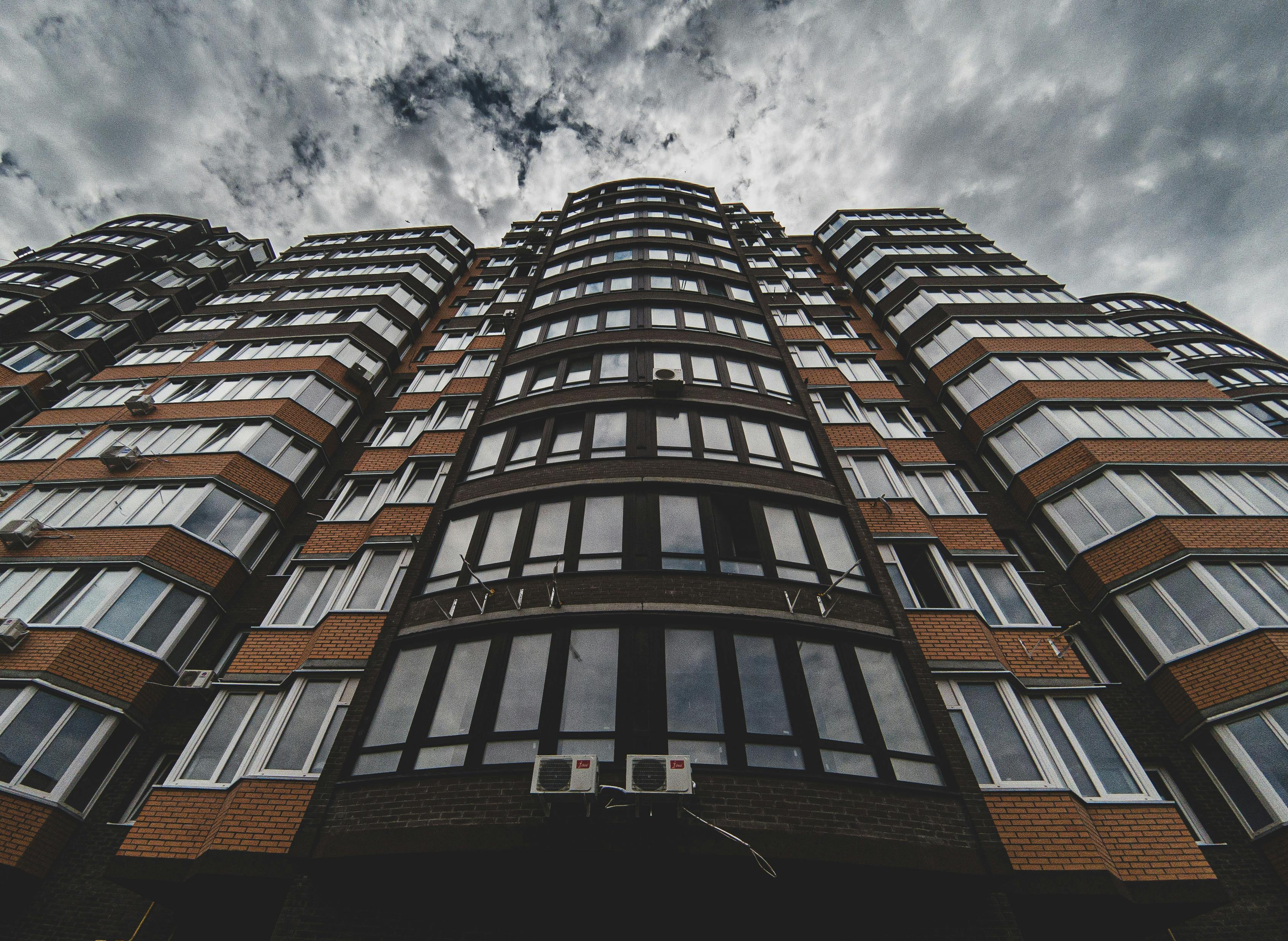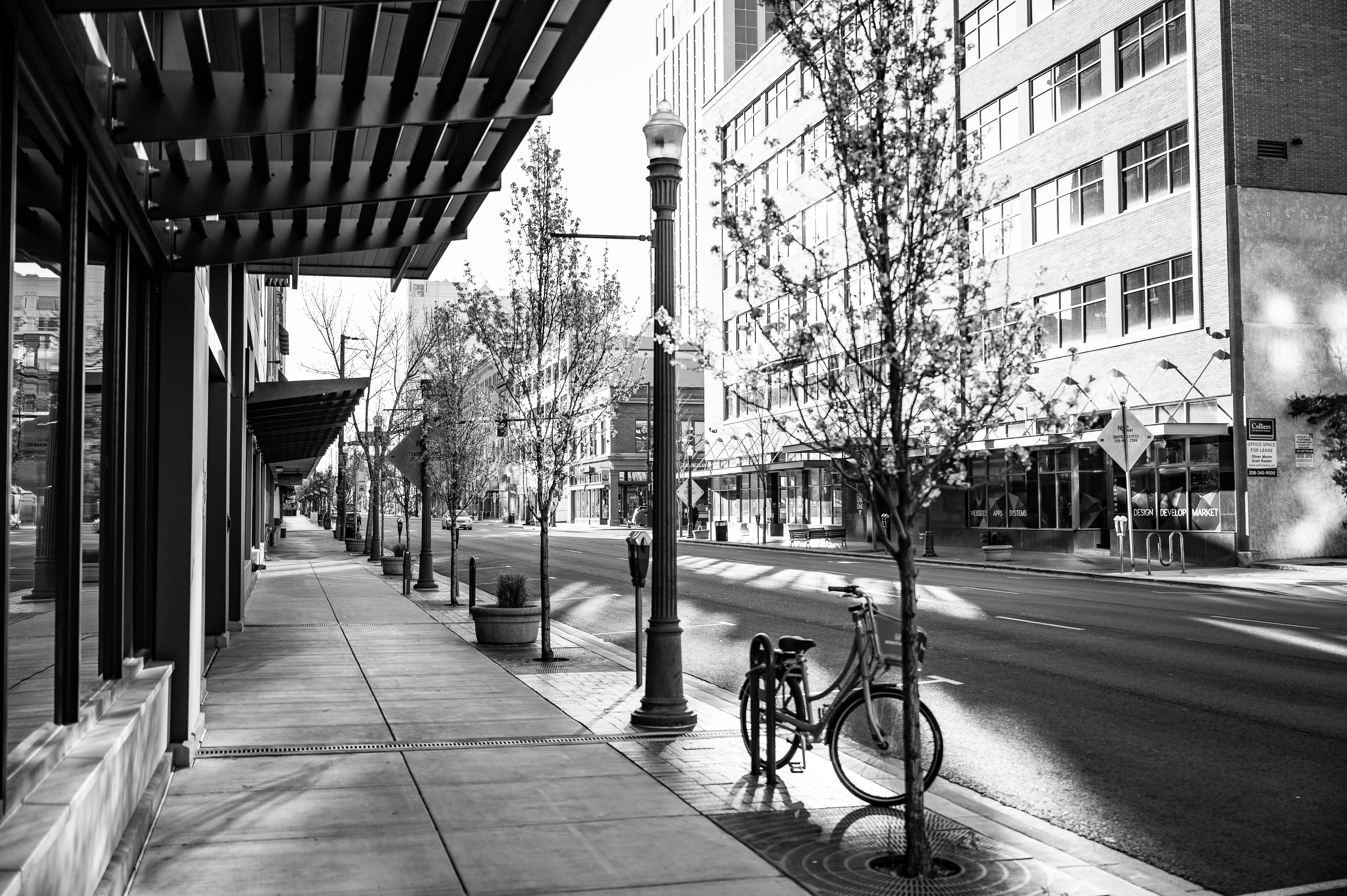As you begin to take in the news of Hurricane Harvey in Texas and Irma, not to mention Jose coming after her, you may be wondering about your little area of the world; Is it safe and can you escape if a big funnel of wind, rain and waves comes after your city? With proper hurricane preparation, hurricane supplies, and some planning, you can be safe. It will also help your family to be more united.
hurricane planning
A great hurricane guide and the hurricane kit it recommends will help you get through the hurricane. Think about what lies ahead when you are in the path of a hurricane. There will be a fairly wide storm band with winds (depending on category 1, 2, 3, 4 or 5) of up to 200 miles per hour. No matter where you ‘make landfall’, as it heads towards you, trees can be uprooted, roads can twist, and power lines will start to fall. This, of course, makes it dangerous to be on the roads, even if you want to get out.
You’re likely to run out of power before you feel the wind and/or rain, so use the time you have to watch TV and listen to the radio about what’s coming up. During this time, the planning you’ll need to do, if you haven’t already, is pretty straightforward:
Gather materials that will help you survive for a few days. This will be your ‘Go-Bag’ or hurricane kit and should be prepared in advance for when it is needed.
* paper maps of the local area from your neighborhood to the safest place you think you can get to is a good idea. This could mean getting to the state line, or at least completely out of the danger zone. Don’t rely on the Google Maps app on your cell phone as the signal may not even be there for it to work.
* crank radius to hear news and disaster updates. If you have a good one that runs on batteries, get plenty of batteries now, so you don’t have to go to the store, which will probably be out of stock when it arrives anyway.
* Water for each member of your party. You will need approximately one gallon for each member per day. Pack more if it’s hot and you’ll be doing any type of strenuous activity to survive. Don’t worry so much about bathing water as this luxury can be overlooked for a couple of days.
* Medicine: Pack all the regular and normal medications for everyone. Include a large supply of antiseptics or sanitary wipes. A full first aid kit should also be packed. A bottle or can of water purification tablets should also be in your bag. You’ll also want to include any really valuable paperwork and/or things looters like to get if you’re not there to protect them.
* A sharp knife, a tarp for shelter and sleeping bags. can also be included. Be careful when packing guns unless you know the laws in your area and the area you are going to. Don’t depend on the authorities to look the other way all the time on this matter.
* Food: Your hurricane supplies should contain enough food for your family. This should include simple things that don’t need to be heated, as this convenience may be hard to come by for a while. Pre-bought dehydrated foods are ideal.
If you are going to be able to move out of the area in your car or truck the weight may not be an issue, however if you are going to be walking or taking someone else’s transportation the weight will be a big issue and all of the above supplies will need to be divided in a backpack or duffel bag for each member of your group, so plan this carefully.
house preparation
It could help ensure you have a drier place to return to. All things that can be picked up by the wind and blown out of windows should be brought inside. This can also prevent looters from getting them. This includes patio furniture and those cute yard gnomes that can make nasty torpedoes when thrown through the patio door. The barbecue grill in the shed or garage and the tables and chairs should also be brought inside.
Several days before the storm hits, if there are still open lumber yards, get plywood and mount it over at least the large bay windows you have. It won’t matter if your house is destroyed or blown up, but if not, these few steps will help keep things together and less water and damage can enter your house. You could get to the point of sandbagging all exterior doors and basement entrances. Lots of communities offer a lot of sand in some situations like this. By checking the news, you can find out if it’s available in your area.
Even if you evacuate to a local safety center, established in a safe area by the city or state, preserving your home will help you get back to work faster after the all-clear signal has sounded.
If the storm is not going to hit your house physically, you may decide to shelter inside. Follow the instructions above for preparing your home and consider purchasing a generator. This may be necessary because, even if the hurricane passes close to your home or neighborhood, your power is coming from a little further away and may be cut off.
Check list
A quick look at your hurricane preparedness:
-
As soon as you hear about the storm, follow its progress via television and radio.
-
Start packing your Go-Bag.
-
Check for open wood bins and clean bin.
-
Check generator availability if you are staying inside.
-
Evacuate if and when you are instructed to do so, following your plan, and be patient on the roads as there will be many people fighting for you.
-
If you go to a local safety center, be courteous and know that everyone is having a hard time too.



